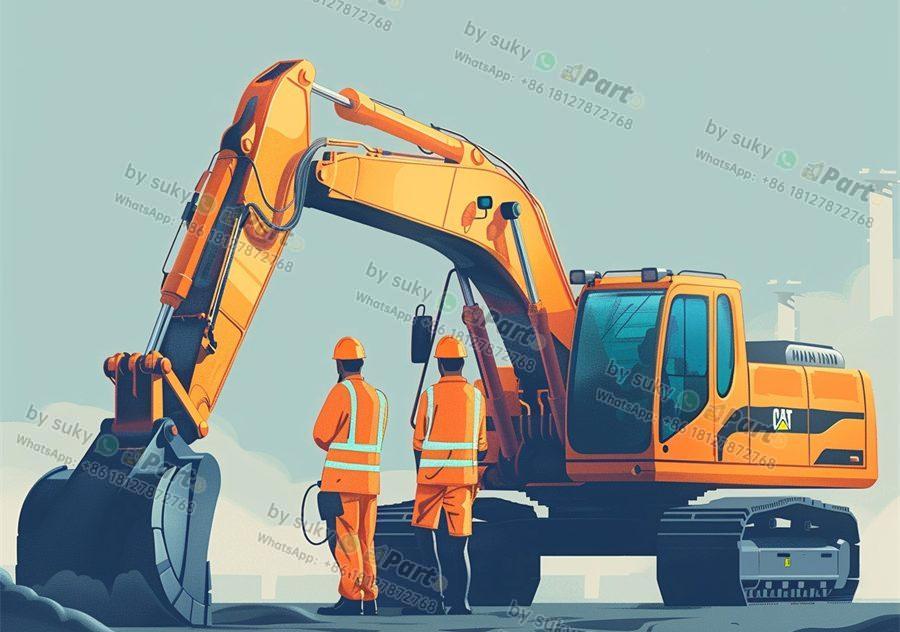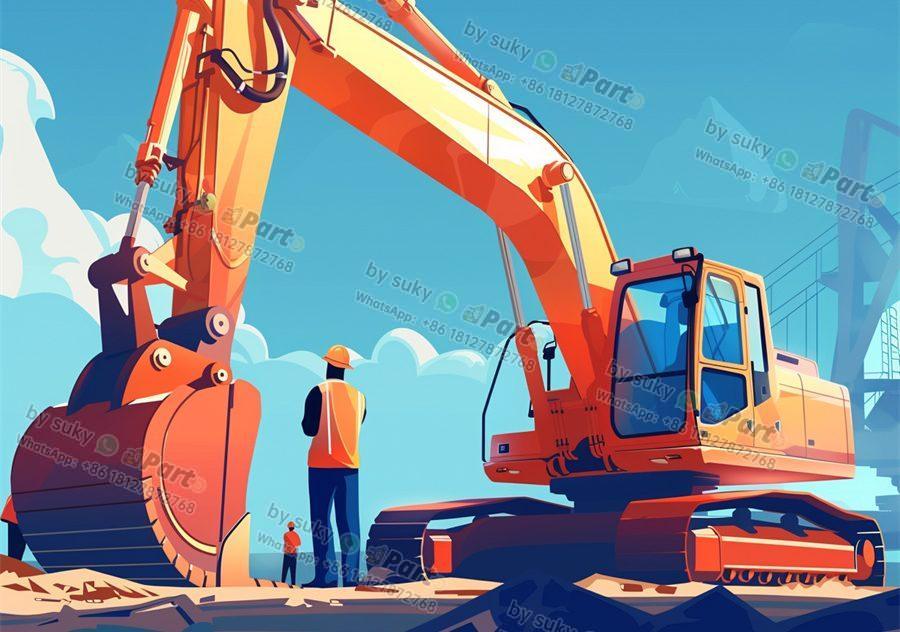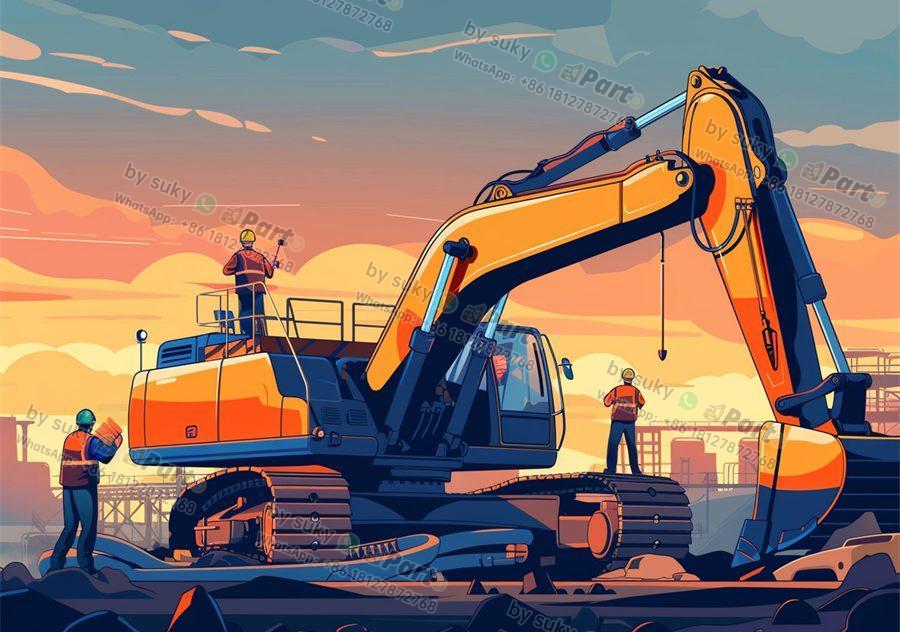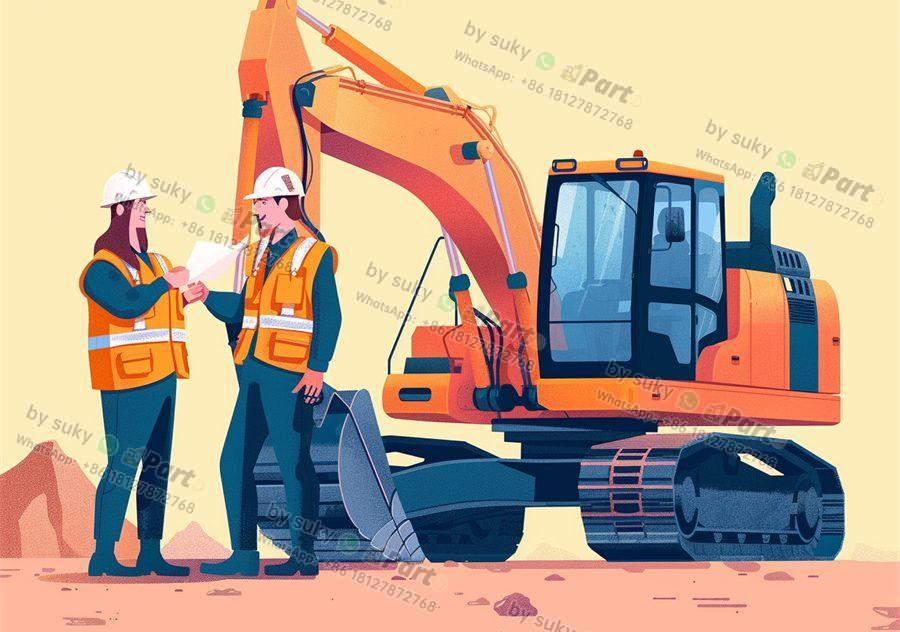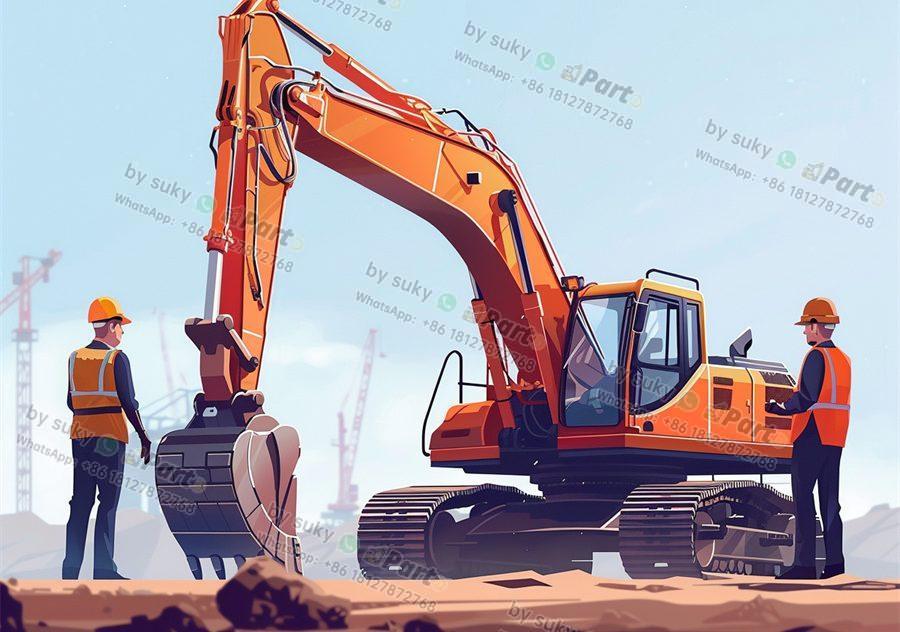Mini excavators are increasingly becoming the preferred choice for small-scale construction projects due to their versatility, efficiency, and ease of use. In this article, we will discuss the benefits of mini excavators for small-scale construction projects and why they are an excellent investment for importers and distributors of construction equipment.
Compact Size and Maneuverability
One of the main advantages of mini excavators is their compact size, which allows them to maneuver easily in tight spaces and confined job sites. This makes them ideal for small-scale construction projects such as landscaping, residential construction, and utility work. Mini excavators can easily access areas that larger construction equipment cannot reach, making them a valuable tool for completing projects efficiently and effectively.
Versatility and Multifunctionality
Despite their small size, mini excavators are incredibly versatile and can perform a wide range of tasks. They come equipped with various attachments such as buckets, augers, and hydraulic breakers, allowing them to dig, lift, and break through different types of materials. This versatility makes mini excavators suitable for a diverse range of construction projects, making them a valuable asset for importers and distributors looking to cater to a wide customer base.
Cost-Effectiveness and Efficiency
Mini excavators are not only cost-effective in terms of their initial purchase price, but they also offer significant savings in terms of operating costs. Their compact size and efficient design result in lower fuel consumption and reduced maintenance costs compared to larger construction equipment. Additionally, mini excavators can significantly increase productivity on small-scale construction projects by completing tasks quickly and accurately, saving both time and labor costs.
Ease of Use and Operator Comfort
Another benefit of mini excavators is their ease of use and operator comfort. These machines are designed with user-friendly controls and ergonomic features, making them easy to operate for both experienced and novice operators. The comfortable seating and visibility from the operator’s cabin ensure that operators can work efficiently and safely for extended periods, reducing the risk of operator fatigue and errors.
In conclusion, mini excavators offer numerous benefits for small-scale construction projects, making them an essential investment for importers and distributors of construction equipment. Their compact size, versatility, cost-effectiveness, and ease of use make them an excellent choice for completing a wide range of tasks efficiently and effectively. By understanding the benefits of mini excavators, importers and distributors can better cater to the needs of their customers and increase their profitability in the competitive construction equipment market.
310-0395 3100395 Relief Valve for Caterpillar 315C 318C 320B 320C 321C 322C

